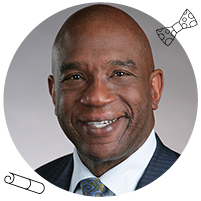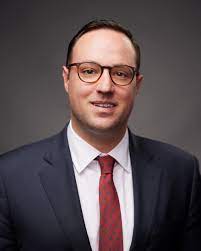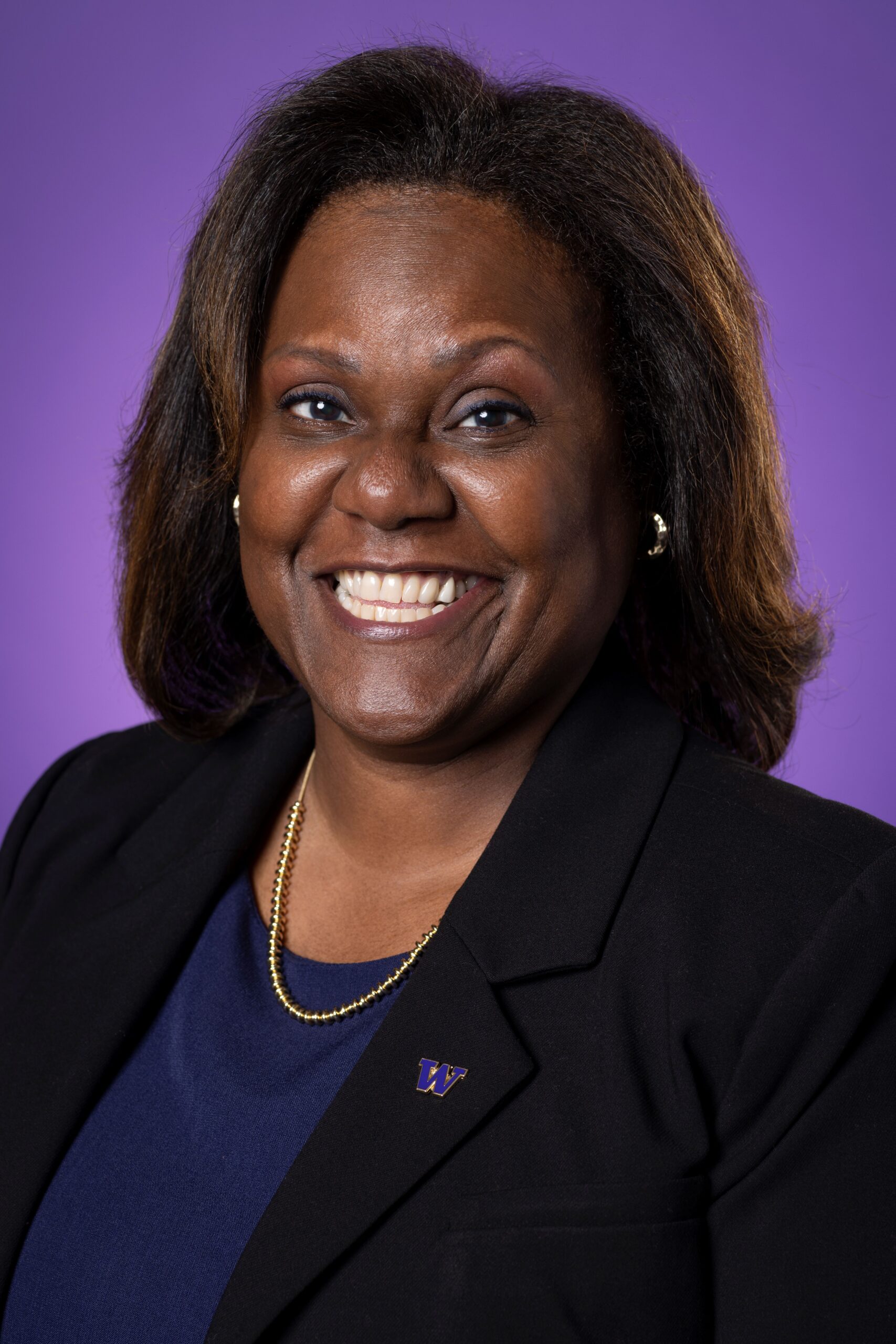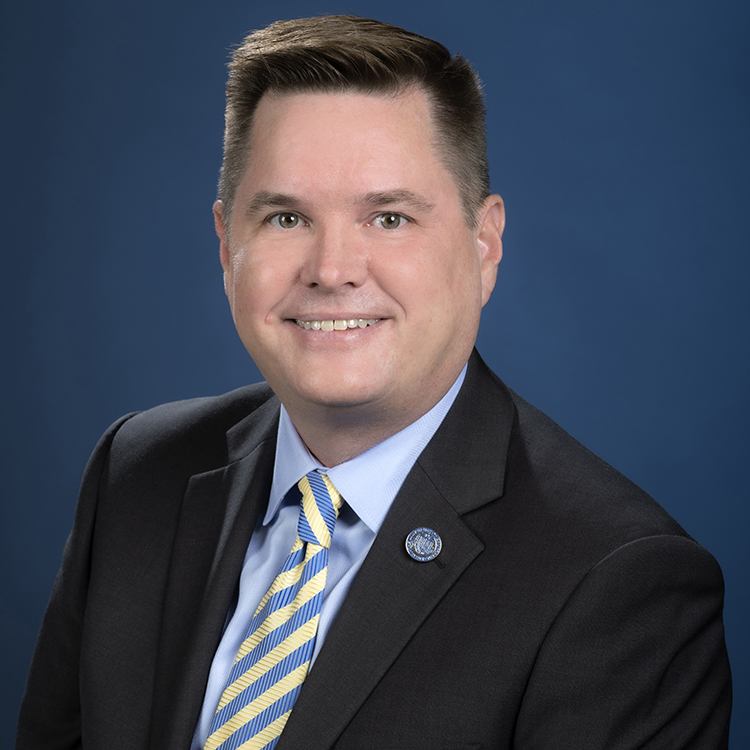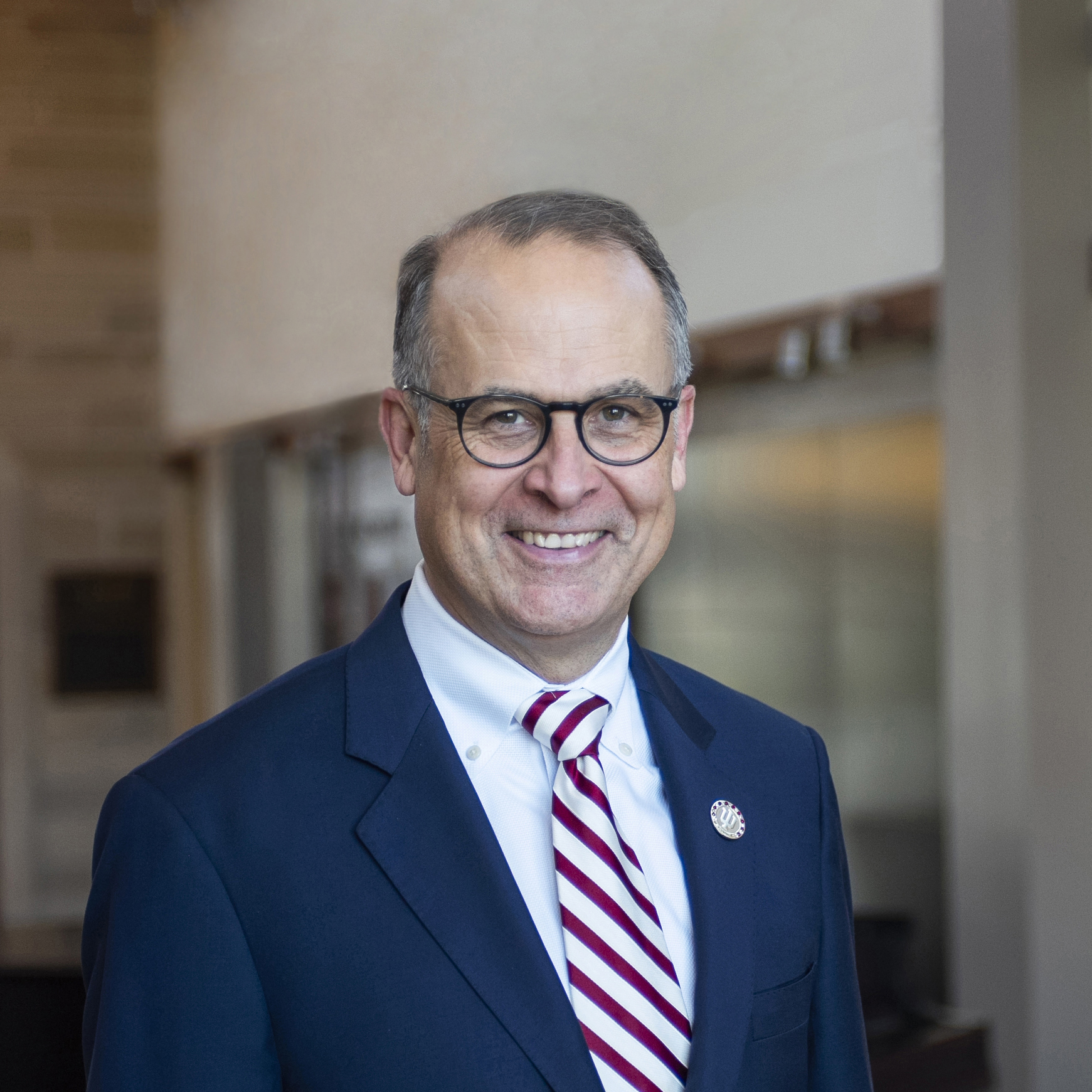Insights from 150
Four years and 150+ conversations with top advancement leaders have taught us a thing or two.
On the RAISE Podcast, EverTrue CEO and Founder Brent Grinna gets to know the folks who lead the country’s most innovative and successful fundraising teams. After over 150 episodes, we mined powerful themes, similarities, and insights from the country’s top shops.
Read on for Insights from 150: our roundup of what advancement’s top leaders care about.
Explore the Insights

"What is your motto?"
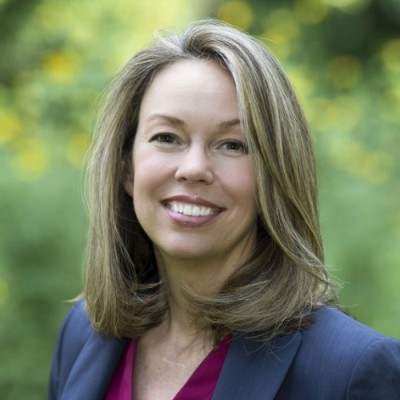
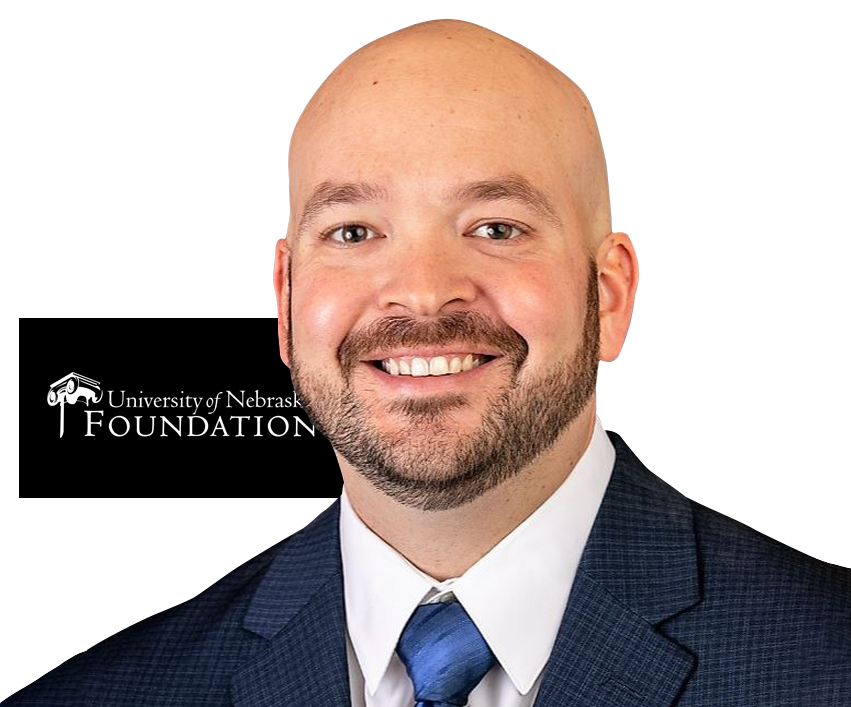
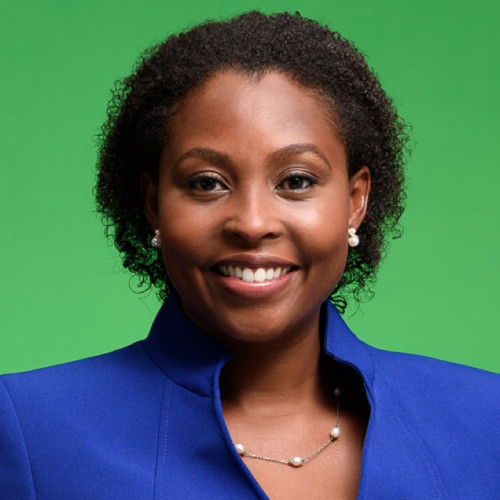
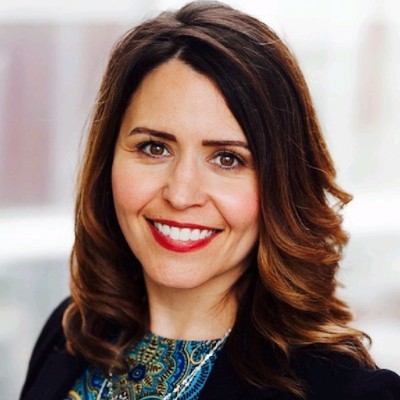
"How did you get into advancement?"
No Data Found

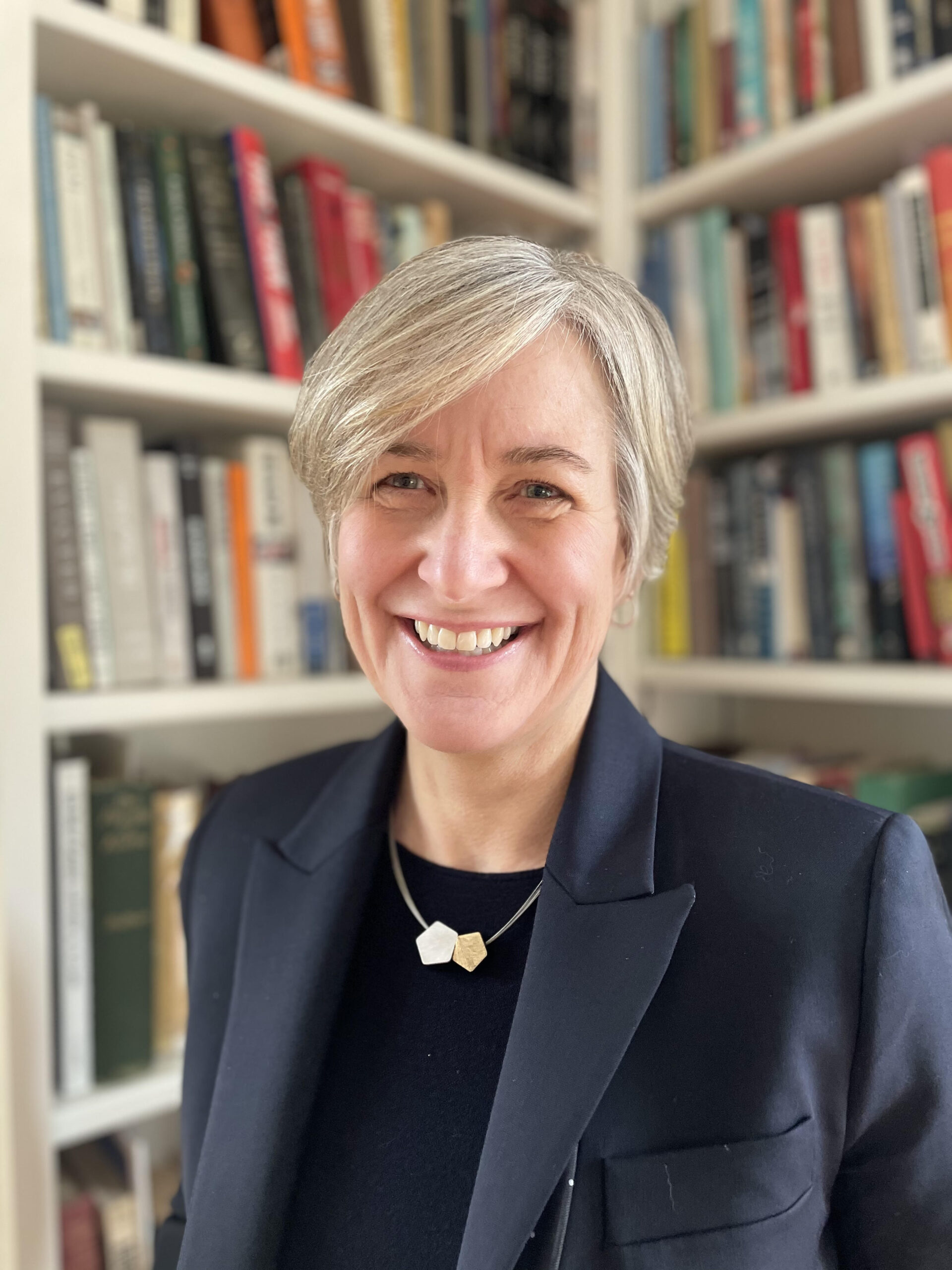

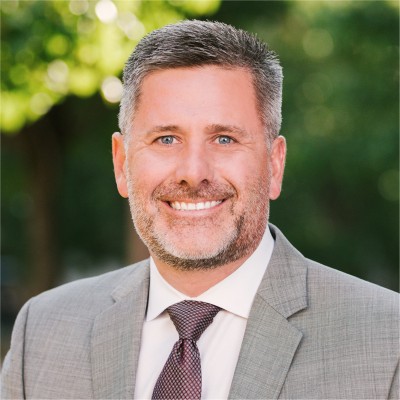

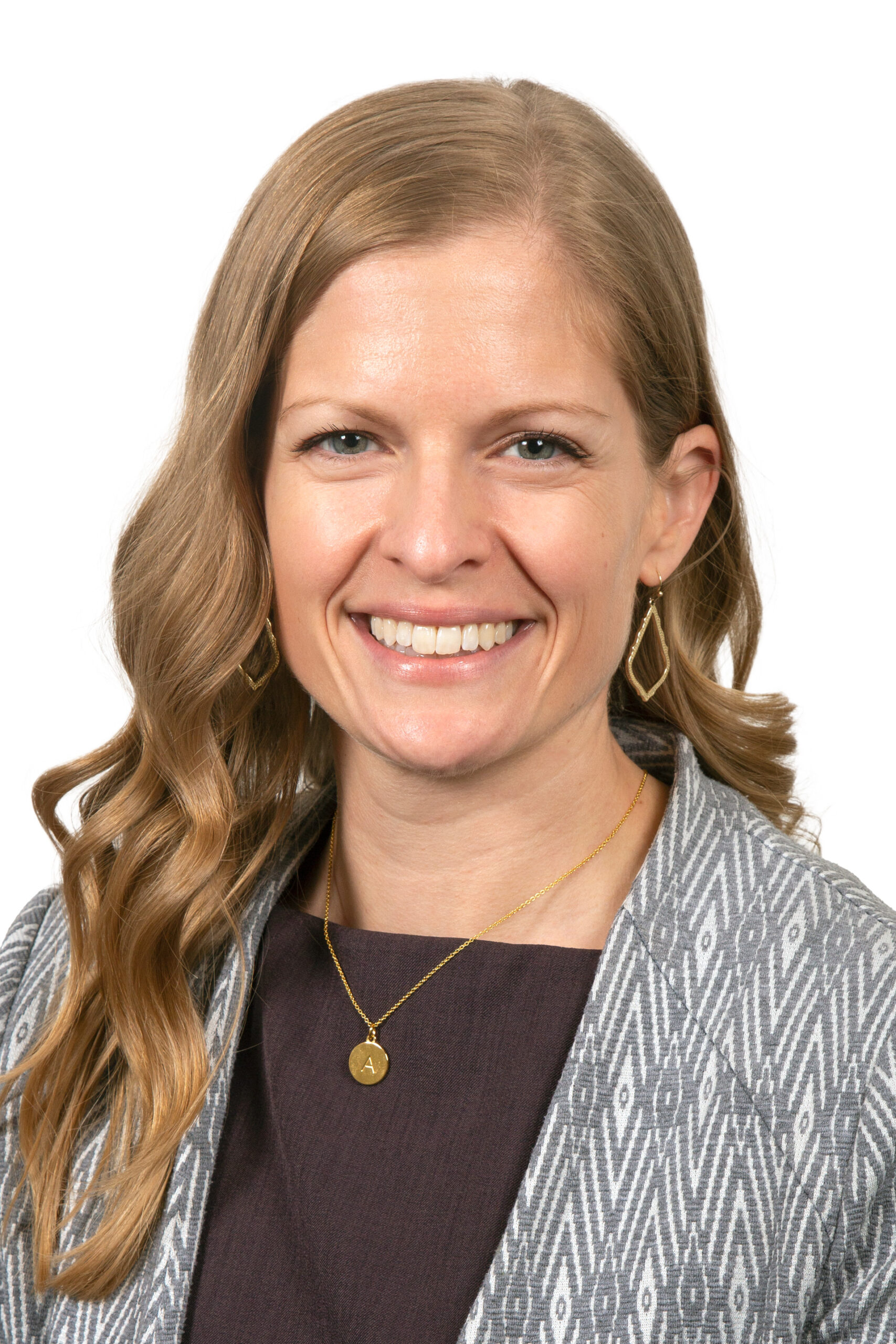

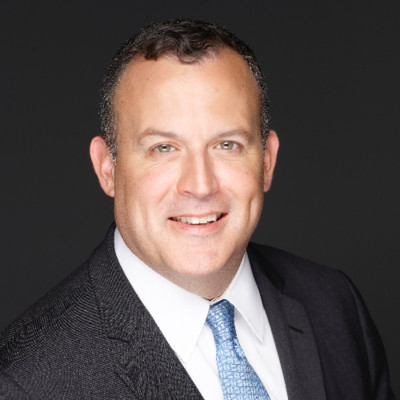

"What is your most memorable gift story?"
"I worked with a donor couple who wanted to donate a campus bench in honor of their family legacy with the University. I later saw them during Homecoming weekend actually sitting on their bench, holding hands, watching the students go by and enjoying life. It was a really sweet reminder of why we do this work."
Astria Smith, Southern Methodist University
"I worked on a campaign to replace cabins at a 4H camp. One day, when no campers were around, I noticed a single man was walking around camp. The man met with the camp director and explained that his wife had recently passed and he had come back to camp because that was where they met. He offered to fund one of the 25 cabins we were raising money for. "
Lynette Marshall, University of Iowa
"I had the honor of working with a donor who made an estate gift that set up the Ohio Innocence project to be funded in perpetuity. Soon after making the gift, he got to meet with a 35+ year wrongly-convicted exoneree, whose release from prison was made possible by his gift."
Rod Grabowski, University of Central Florida
"Every year we help a donor pay off a future teacher's student debt. There is never a dry eye in the room when he meets the student for the first time and tells them that he is paying off their debt. It is so inspiring."
Blaire Atkinson, Oklahoma State University
"One gift story that will always stand out to me is from a family who lost their son to testicular cancer in his freshman year. He loved the university so much - and they wanted to establish a scholarship but couldn't afford it. A family member called me and anonymously stepped up. Now they have a New Year’s Eve fundraiser every year to support the scholarship. I never met the young man but I think of him often - his motto was 'livin' the dream.' "
Dori Sonntag, Gonzaga
"I worked to establish an international travel endowment where the fund recipient told the donors, 'My dad told me that in America they'll take care of me...and you did.' "
Nick Linde, University of Nebraska
"What have you worked on recently that you're most proud of?"
No Data Found




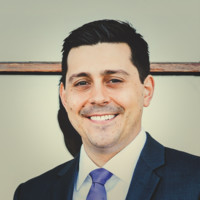

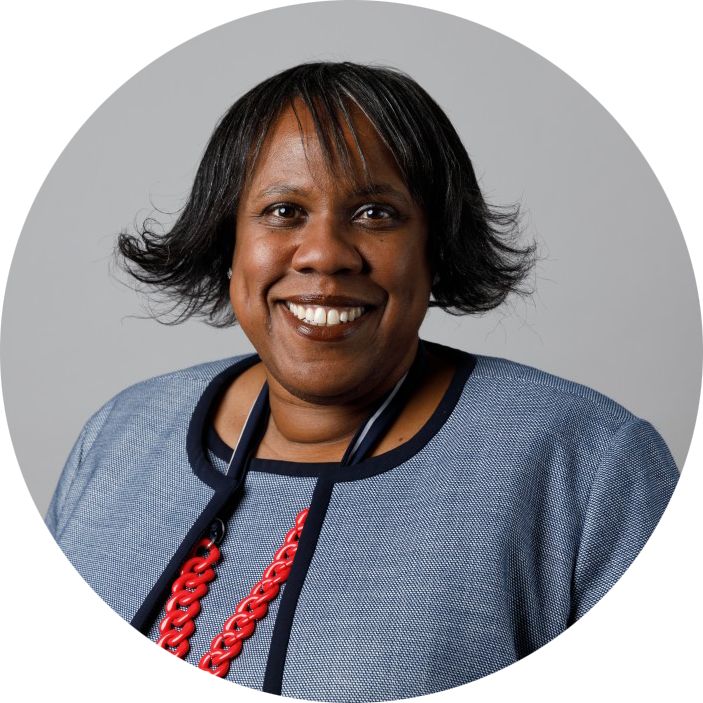



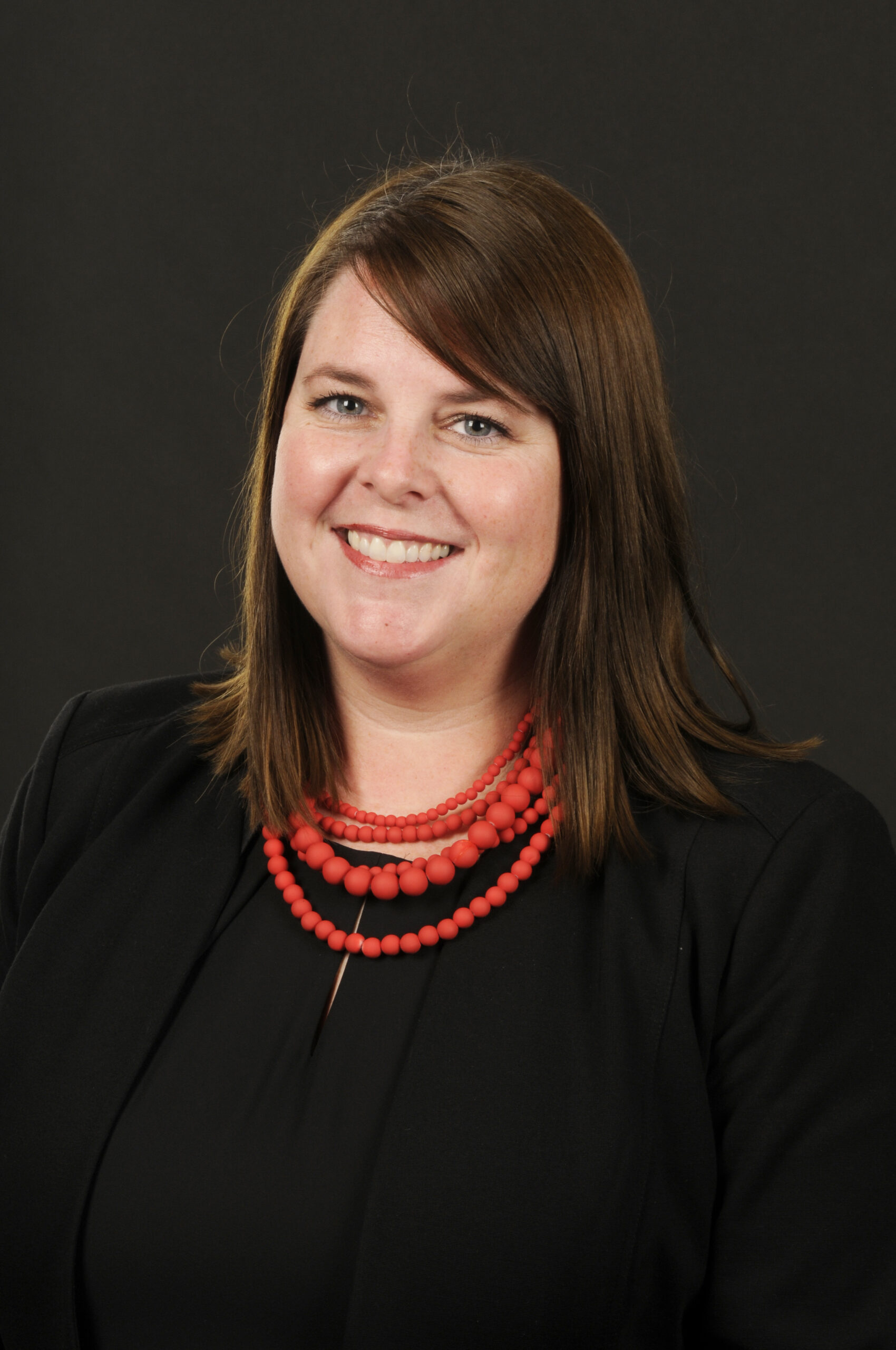

"Where do you find inspiration for your work?"
No Data Found






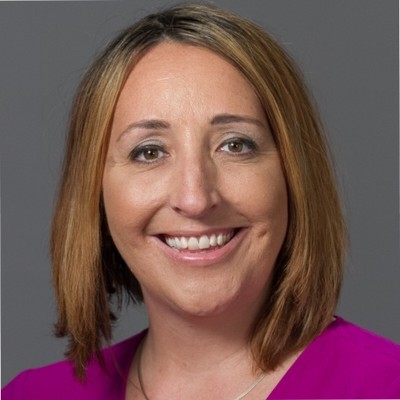

It is bigger than me."
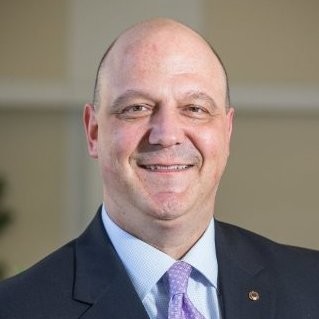

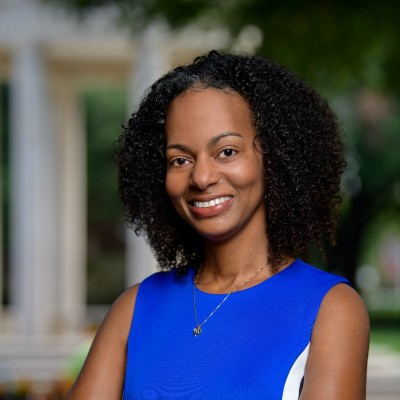

Where is the industry over-investing
- Legacy systems
- Big events
- Siloed fundraising
- Travel
- Consultants
Where is the industry under-investing
- Talent on-ramps
- Smart technology
- Data analysis
- Innovation
- Stewardship
"What's the next step forward for the industry?"
- Leaning into tech. Many leaders believe that the advancement industry should invest more in digital transformation, including AI and other technologies, to drive digital engagement and hyper-customized communications. Some respondents shared tangible examples of ways that AI could automate repetitive tasks (suggesting language for outreach templates, synthesizing donor interests, suggesting solicitation designations and amounts) and free up fundraisers to focus on building relationships.
- Scaling personalized engagement. Leaders reported that advancement teams need to make intentional, tangible investments in structures and tools that allow for scalable personalized connections with more alumni. This includes using data to better understand donors’ interests and goals, and tailoring communications and outreach efforts accordingly.
- Better adoption of tech tools. Technology can be used to automate tasks, freeing up advancement professionals to focus on building more human-to-human connections. Many leaders believe that the advancement industry should invest more in digital transformation, including AI-driven technology, and ensure team-wide adoption and training for optimal ROI from tech tools.
- Diversity, Equity, and Inclusion: Several leaders highlighted the need for the advancement industry to become more inclusive and diverse. This includes building intentional onramps to welcome diverse talent, engaging historically-marginalized and underrepresented alumni, finding ways to engage donors outside traditional pathways like donating and attending alumni events, and building cultures of belonging on advancement teams.
- Be more transparent and accountable. Donors want to know where their money is going, how it is being used, and the ROI on their investments.
- Rethinking traditional fundraising: Some leaders mentioned the need to reconsider keystones of traditional fundraising: Is school-based fundraising actually donor-centric? Do we really need traditional capital campaigns? Should we moderate staff salaries to be closer to aligned with for-profit sales roles?
"Are you hiring?"
No Data Found
Teamwork and collaboration
Several leaders gave shoutouts to those who have led through challenging times, praising them for their selflessness, guidance, support, and deep empathy.
Servant Leadership
Some leaders mentioned specific team members who have gone above and beyond to help their team members thrive, putting the collective success of the team before their own.
"Go-getter" mentality
Leaders reported that they need more folks who can not only come up with great ideas, but put those ideas into action.
Innovation and creativity
Leaders emphasized the importance of being nimble and iterative to modernize fundraising practices.
Adaptability
Leaders emphasized the importance of being nimble and iterative to modernize fundraising practices.
Achievements
Many leaders acknowledged the high-performers on their team who have consistently met and outperformed goals and metrics.
Top 5 most-mentioned mentors
Top 5 most-listened-to RAISE Podcast episodes
Rethinking advancement
one conversation at a time.
Who’s doing the most exciting things in fundraising? Who’s thinking about things from a completely different angle?
The RAISE Podcast aims to find out.
Never want to miss an episode? Subscribe to EverTrue Studios:
